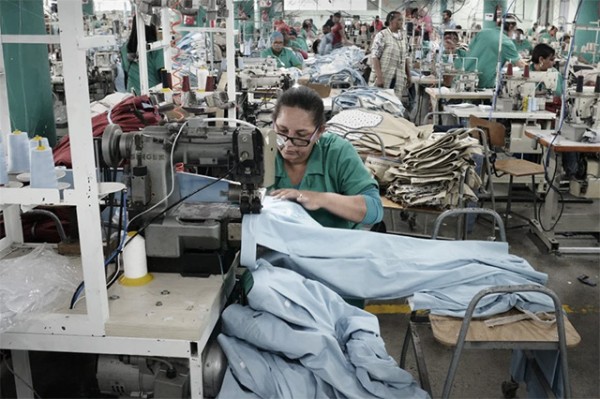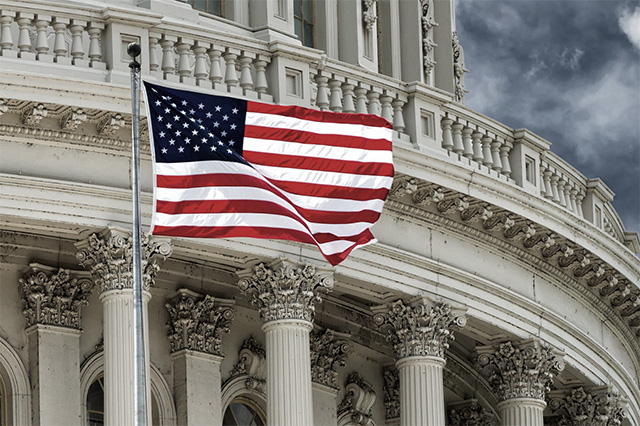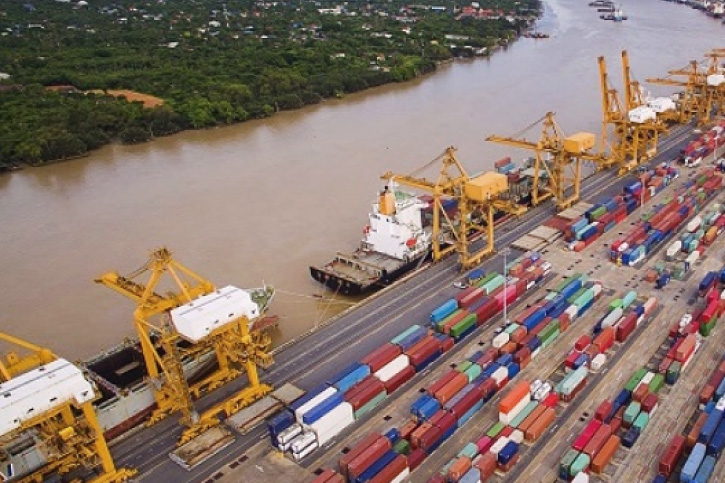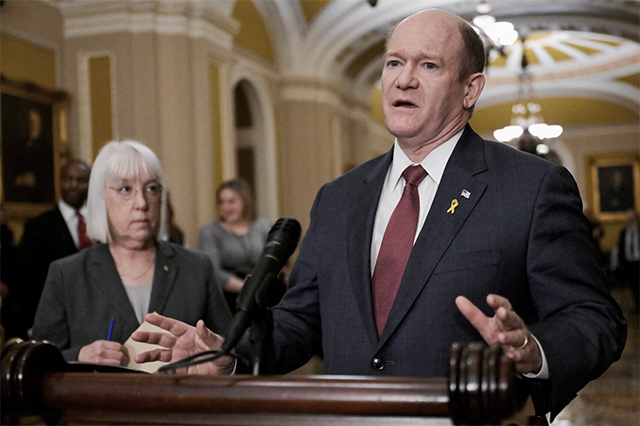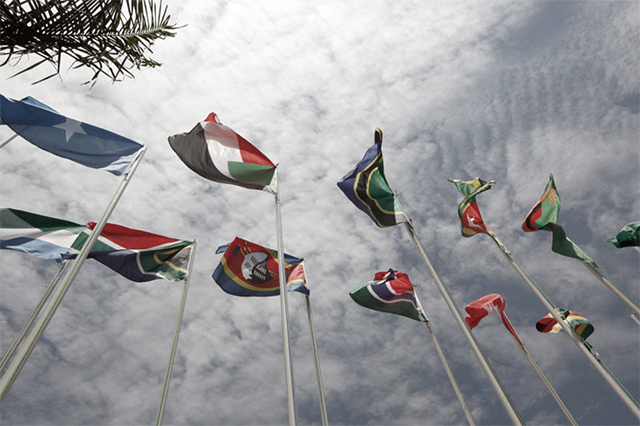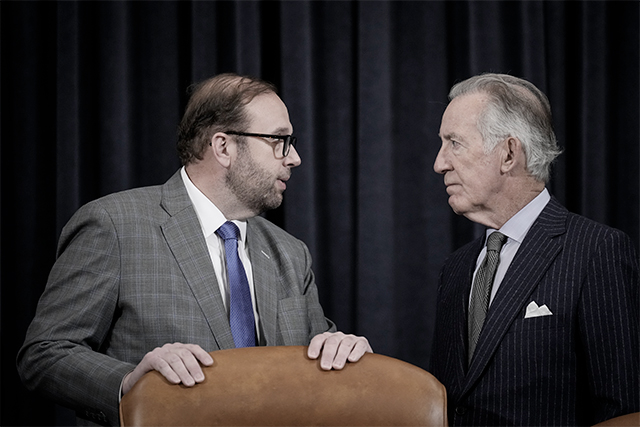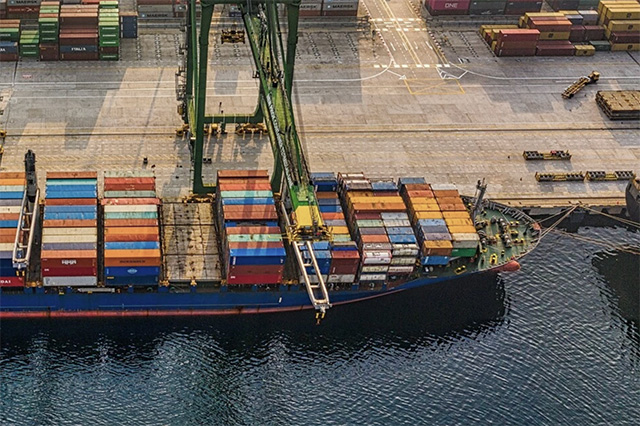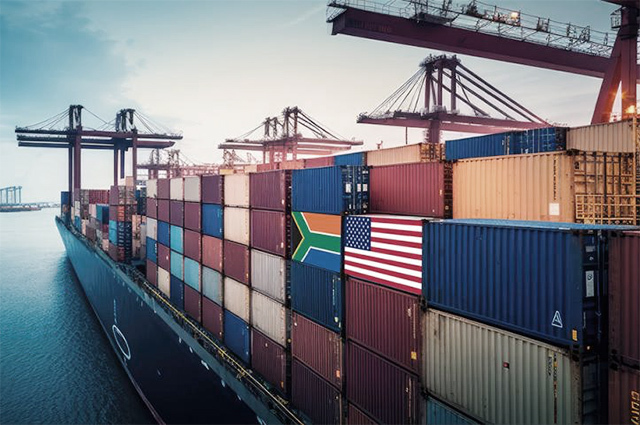US manufacturing subsidies for Africa could help revive AGOA
Experts at the Center for Global Development argue that the unconventional approach could bring billions in new trade opportunities and would fit with US “friend-shoring” efforts.
The US should pay ‘negative tariffs’ in Africa – essentially targeted manufacturing subsidies – to help revive its faltering African Growth and Opportunity Act (AGOA), according to a new report from the Washington-based Center for Global Development (CGD).
CGD’s Justin Sandefur and Arvind Subramanian estimate that $291m in negative tariffs – which they describe as “a drop in the bucket compared to aid levels” could create $1.5bn in new trade and would fit with US “friend-shoring” efforts – the act of manufacturing and sourcing from countries that are geopolitical allies.
AGOA, which was launched in 2001, grants duty-free access to the US market for thousands of products from eligible African countries. Some 80% of the tariffs waived under the program have been for garment exports.
Despite an initial “fast and furious” impact within five year’s of AGOA’s passage – in which African garment exports to the US grew by 150% and new factories were opened in Kenya, Lesotho, and Mauritius – the benefits of the AGOA soon fizzled out. By 2010, garments exports were almost back at their 2000 level, the result, the authors say, of Chinese competition flooding the market when “arcane” global textile treaties expired in 2005.
“During the early-aughts “AGOA boom”, African apparel exports enjoyed a double advantage over global competitors, including China. They not only faced zero tariffs, they bypassed quotas. Studies in the 1990s typically estimated those quotas were equivalent to an additional tariff on the order of anywhere from 10 to 100 percent on garments from various Asian countries. So Africa’s advantage was huge – and most of it disappeared in 2005.”
A radical solution?
The authors say that their proposal for negative tariffs could kickstart the flagging scheme.
“To re-establish that tariff advantage – or, more likely, to level the playing field against ferociously competitive Asia – we propose a simple but fairly radical tweak to AGOA starting in 2025: negative tariffs. Since AGOA tariffs are already at zero, the only way to open up a price incentive for production in Africa at this stage without totally tearing up the World Trade Organization (WTO) rules would be to cross into negative rates. While unconventional, we find that such tariffs – think of them as targeted manufacturing subsidies for extremely lagging regions – would be both effective and cheap.”
The authors estimate that a 10 percentage point negative tariff on apparel products would “cost” about $291m in foregone revenue, while a 20 percentage point negative tariff would be more expensive, at about $880m.
“The benefits would potentially be large. We estimate that a 10 percent negative tariff would create about $1.5 billion in new trade, and a 20 percent tariff nearly $3 billion,” they say.
The authors argue it’s a good time for the US to make an ambitious push on African industrialisation. After dominating global apparel exports in the 2000s and 2010s, China’s market share is now in decline, falling from a peak of 38% of American apparel imports in 2010 to 24% in 2022, as the country graduates to more capital- and skill-intensive industries.
However the authors say that additional support is also needed to build manufacturing supply chains on the continent.
“If capital markets function perfectly, then if America provides tariff incentives to expand manufacturing in Africa, new private investment in African garment factories should follow. In the real world, policy action on the investment side may be necessary…The US could take the lead in addressing this challenge. It could set aside, say, $2.5 billion (implying about a 15 percent increase in US foreign aid to the region) as venture capital to build manufacturing supply chains in Africa.”
That could offer an investment role for the US government’s Development Finance Corporation (DFC), which the report says committed just $50m to African manufacturing projects in full-year 2023 out of a $2bn Africa portfolio.
“Strengthened AGOA trade preferences could serve as a pull mechanism to create bankable projects for DFC to lend to and invest in, reorienting its work away from financial services towards job creation and industrialisation.”
Time for change
Without reform, AGOA will continue to struggle to make an impact, the authors say.
“Simply renewing AGOA “as is” won’t be enough to enable African economies to compete. But stronger policy tools exist; evidence suggests they’re affordable and could significantly boost the continent’s industrial output. Trade not (just) aid, and investment in manufacturing in Africa, not just extracting raw materials from Africa, should be the new mantra for policymakers as they contemplate possibilities for AGOA 2.0.”


